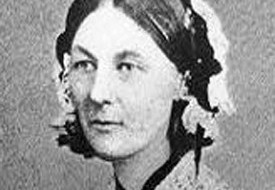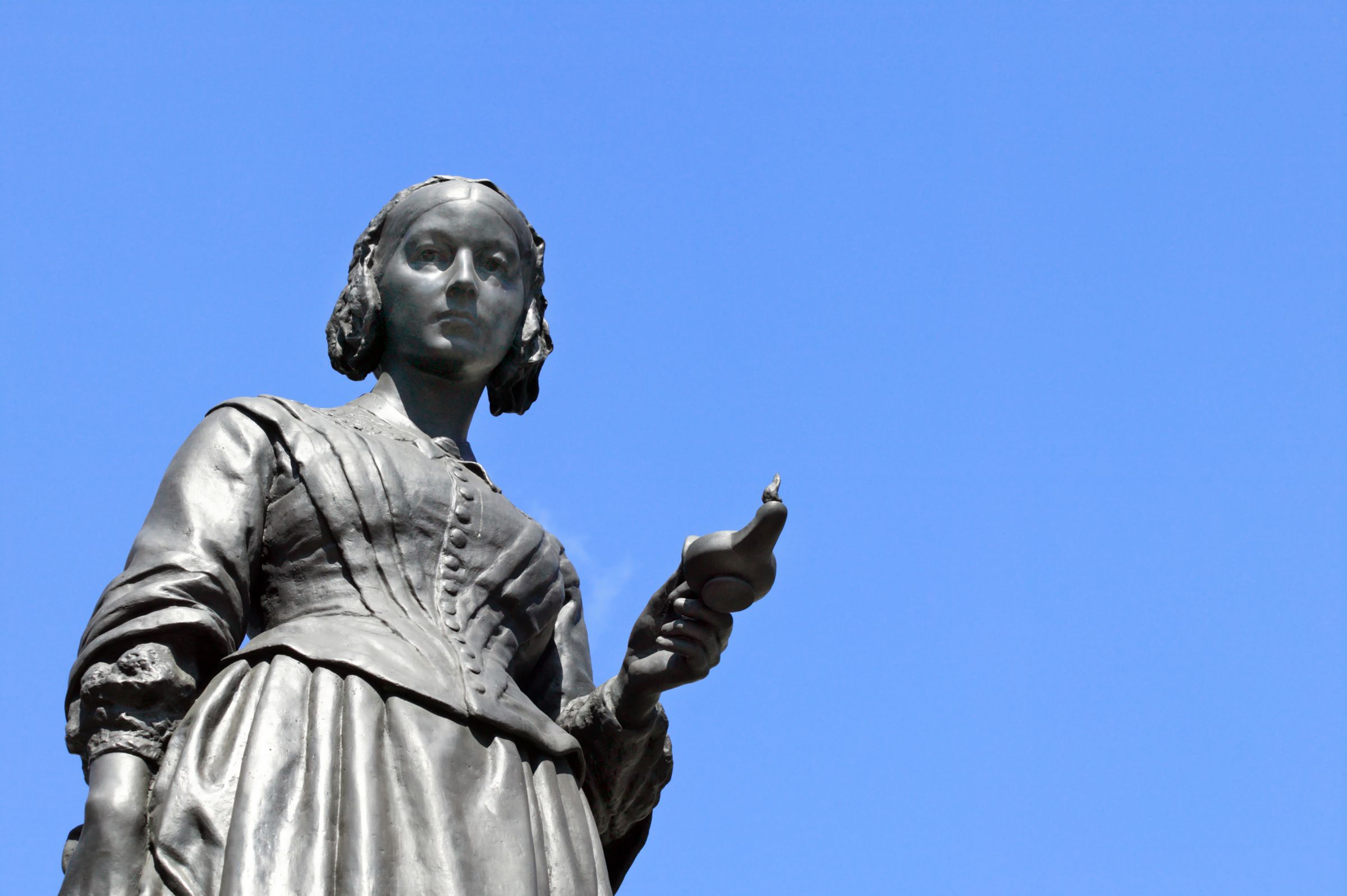
The era of modern nursing started a decade before the Civil War when Florence Nightingale treated British soldiers during the Crimean War in 1854 and later began the evolution of the profession, establishing the Nightingale School of Nursing.
Before Nightingale, healthcare belonged to doctors who diagnosed and treated patients. Wives and other female relatives handled the patient’s care. Nurses in the beginning had no defined role and the definition of nursing developed over two centuries, according to “The Nursing Profession” by the Robert Wood Johnson Foundation.
The definition changed, but its core remained centered on caring for the individual. It started with Nightingale’s focus on giving a patient the best chance to heal and expanded to include nursing’s role in helping people stay healthy and assessing how to treat them when ill.
Here is how the American Nurses Association defines nursing:
“Nursing is the protection, promotion, and optimization of health and abilities, prevention of illness and injury, alleviation of suffering through the diagnosis and treatment of human response, and advocacy in the care of individuals, families, communities, and populations.”
What Do Nurses Do?
A major role of nurses is to be an interface between the patient and doctor with the nurse deciding how to administer a physician’s treatment. A nurse’s duties can include performing exams, giving medication, treating wounds, assessing a patient’s condition and providing routine care.
Another role is to educate and advise patients about all aspects of healthcare.
There are two basic levels of licensed and certified nurses – the registered nurse (RN) and the licensed practical nurse (LPN), called licensed vocational nurse (LVN) in some states.
An LPN or LVN work on nursing fundamentals like taking samples, applying bandages and monitoring patients. They also work on patient care such as feeding. LPNs work under the direction of an RN or doctor.
An RN administers medication and treatments, records medical histories, observes patients, operates medical equipment and helps perform diagnostic tests.
Nursing School and Licensure
An LPN first must finish an accredited program often offered at community colleges that takes about a year, according to the U.S. Bureau of Labor Statistics. Every state requires an LPN to pass the National Council Licensure Examination (NCLEX-PN) to become licensed.
An RN has three typical education paths, the BLS said – an associate’s degree in nursing, a bachelor’s of science in nursing or diploma from an approved nursing program. All education includes studies in biology, social sciences, chemistry, nutrition and anatomy plus clinical work in hospital departments.
A BSN program usually takes four years and the associate’s degree or nursing program typically takes about two years. All RNs must pass the National Council Licensure Examination (NCLEX-RN).
Prospective nurses should be sure their school is accredited. There are two main agencies, the National League for Nursing Accrediting Commission and the Commission on Collegiate Nursing Education. Some specialized programs may have their own accreditation agencies.
Different Types of Nurses and Specialties
RNs can receive certifications from various professional agencies in specializations. These often require several years of experience, clinical work in the area and continuing education. Some of the specializations include:
- Ambulatory care for patients outside of hospitals to restore their independence after an injury or illness
- Geriatric care for elderly patients, often concentrating on preventative care and helping patients and families deal with conditions such as Alzheimer’s, cancer and stroke
- Surgical or operating room nursing for patients before, during and after surgery, often working with operating teams and helping with immediate recovery
- Hospice nursing for terminal patients and their families, often in their homes
- Cardiac nursing to care for patients with heart problems
- ER nursing assessing and treating injured patients in an emergency room
- Neonatal nurses working with newborns and their mothers up to 28 days after birth
RNs with at least a master’s degree and further clinical training can become Advanced Practice Registered Nurses with a number of specialized fields.
According to the American Nurses Association, these can include nurse practitioner who prescribes medication and diagnoses and treats common illnesses, nurse-midwife and nurse anesthetist.









